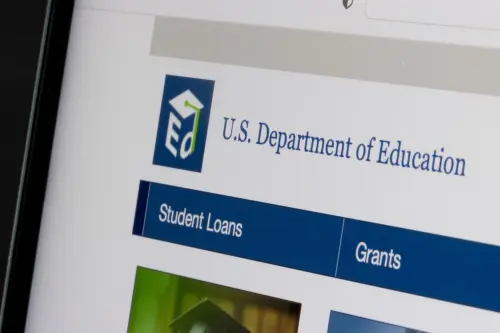

10:00 am EDT - 11:15 am EDT
Past Event
As tuition rates continue to grow at higher education institutions, so too do the number of students taking out student loans as well as the average loan amount—which surpassed $30,000 in 2020, a staggering, nearly three-fold increase over the last three decades. While the rise in tuition has continued to spiral, outpacing wages and overall inflation, the problem has been especially problematic for Black households. Holding 10 times less wealth than white households, the impact of increasing student debt is jeopardizing the long-term financial stability of Black households. With the issue of student debt cancellation taking prominence in national policy debates, it is vitally important to consider wealth, rather than income, as a primary equity-based determinant of student loan debt reform.
On Monday, June 28, the Brookings Metropolitan Policy Program hosted an event examining the disproportionate effects of growing student loan debt on wealth-poor communities, assessed the various proposals for debt cancellation, and discussed how these various proposals could have ameliorative effects on the racial wealth gap. Senate Majority Leader Chuck Schumer (D-N.Y.) provided keynote remarks focused on potential legislative and executive action, and panelists debated the merits of various student debt cancellation proposals.
Viewers submitted questions by emailing [email protected] or tweeting to @BrookingsMetro using the hashtag #StudentDebt.




Lesley J. Turner, Zaria Roller, Sarah Reber
July 2, 2025

Nicol Turner Lee, Josie Stewart
June 23, 2025

Katharine Meyer
June 5, 2025